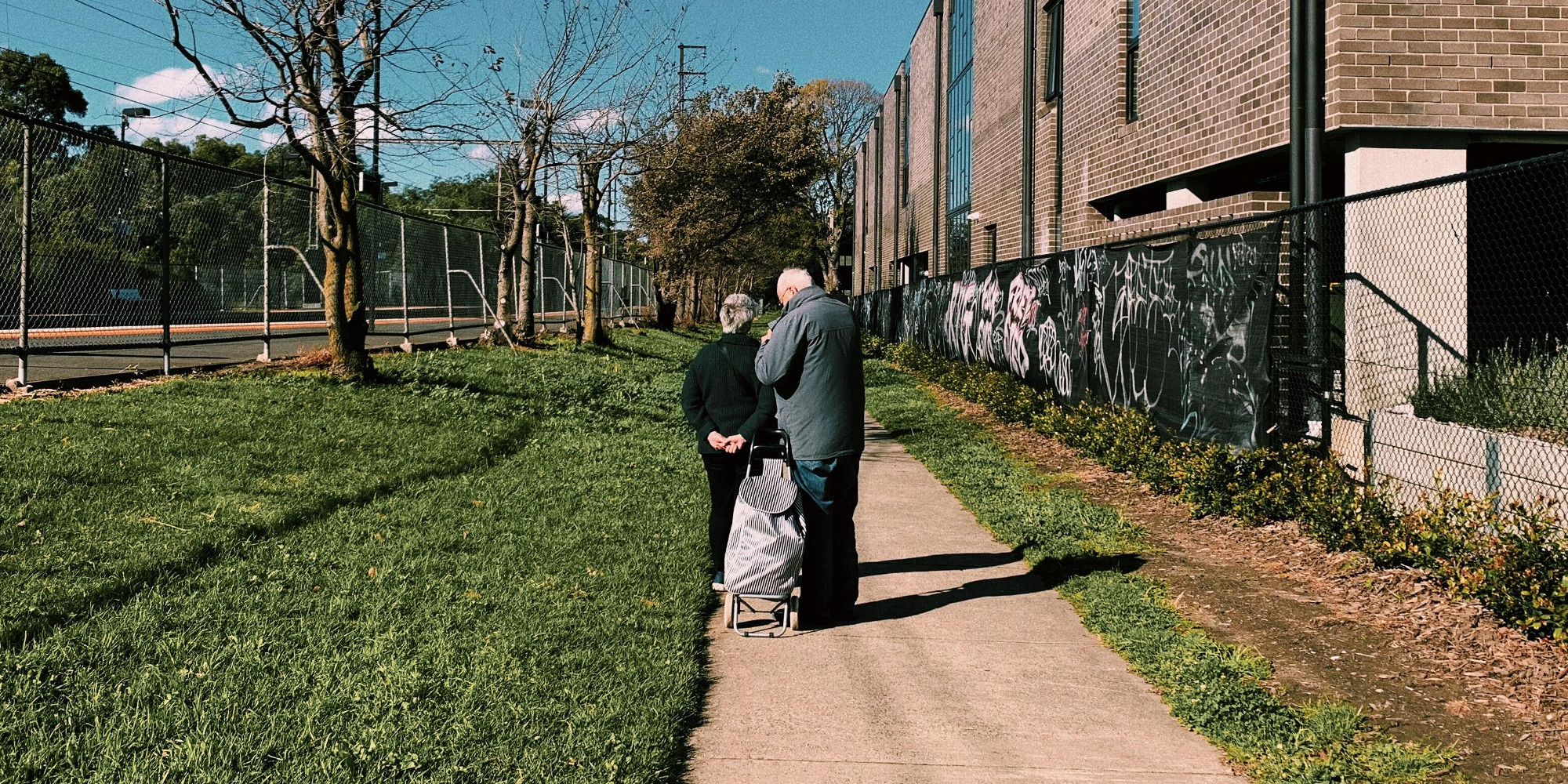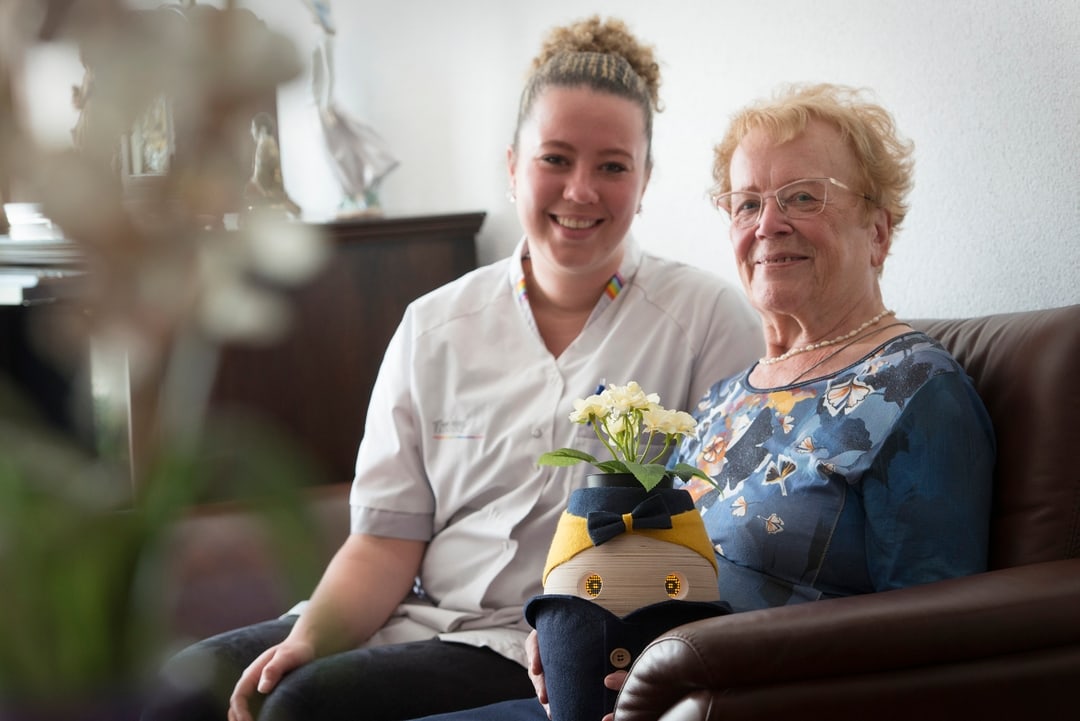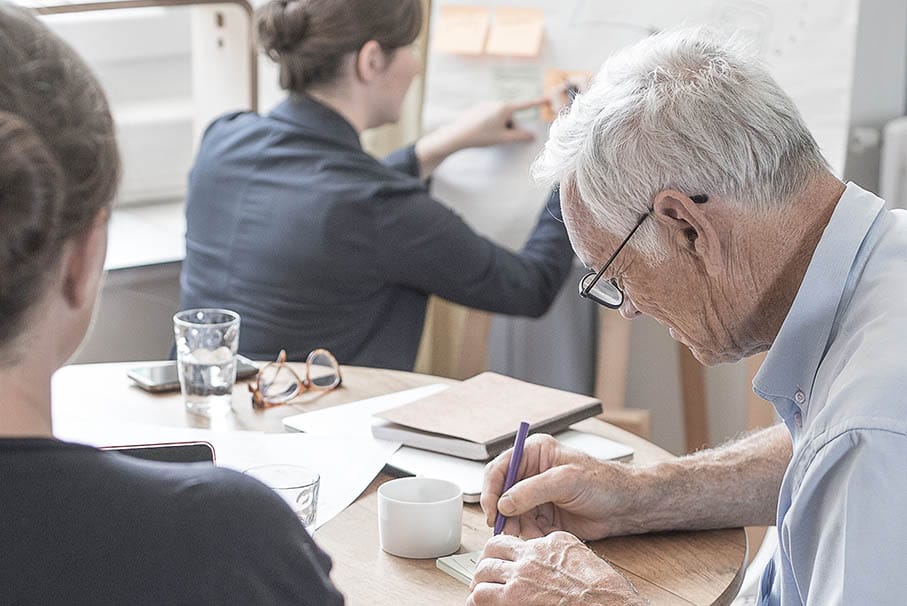Pathways On Demand
Pathways On Demand is a complementary 9-week program to introduce healthcare professionals to knowledge and tools for self-care. In this video, Dr. William A. Cook, MD, explains the science behind the Pathways On Demand Content.
Big, small, off-the-beaten track, our ideas, insight and knowledge set us apart.

Pathways On Demand is a complementary 9-week program to introduce healthcare professionals to knowledge and tools for self-care. In this video, Dr. William A. Cook, MD, explains the science behind the Pathways On Demand Content.

The Pathways Series is monthly webinars to help people working in long-term care with self-care and (re)connecting with person-centred practices. The series came about as a response to the pandemic. The issues we sought to redress are just as relevant now as a year ago.

Tai Chi is a holistic art from China, which has been developed over hundreds of years. As a set of physical movements, it is designed to relax the body. Movements are soft and slow and act to loosen the joints and gently stretch the muscles and ligaments. Combined with deep breathing the movements release the Chi and improve blood flow. In this context, Chi is an internal energy that we all possess but we cannot benefit from it until we relax. It is trapped in our bodies through stress and...

Together with his mother, Wang Long Li took care of his father, who passed away when he was nineteen years old. Wang felt driven to improve healthcare. He realised that if you pay attention to a person’s behavior early in the process of a disease, you can impact that person’s health as the disease progresses.

Both public and private investment is set to grow significantly as rich countries adapt large-scale long-term care facilities into smaller, more human-scale, household units. This result is typically called the household model. This is a positive step toward improving the living and working conditions at these buildings, which are often badly lit mazes where you numb your senses as a coping mechanism to filter out the physical environment.

One-by-one tech giants are starting to invest heavily in the metaverse - immersive virtual worlds. Seeing huge opportunities for transformation, potentially akin to the internet, which has become a utility. Summary To kick off The Best Eldercare series, I was fortunate to connect with Dr. Tanya Petrovich of Dementia Australia. Tanya, her team, and their partners are trailblazers in using virtual reality for eldercare. Over two conversations we explored her motivations, VR use scenarios, impact,...
There's already lots of coverage of the idea that our education systems are outdated and not preparing children adequately for their adult lives. One of the most well known speakers on the topic is Sir Ken Robinson. For anyone unfamiliar with topic, the film below, from 2010, provides a fun introduction.
In this age of innovation, so often involving technology, it’s important to look back at what has already been established as a simple, good practice, and yet, is too often forgotten.
It stands to reason that when you rate a care or nursing home as outstanding, good or bad, you need to be using the right measures for the rating to be meaningful.
For over 70 years the research has shown that mother tongue education, especially in the all important early years, acts as a tool to involve family and engage the child, so that they can learn to learn. The evidence from around the world is resounding , educational, life and societal outcomes are improved as a result.